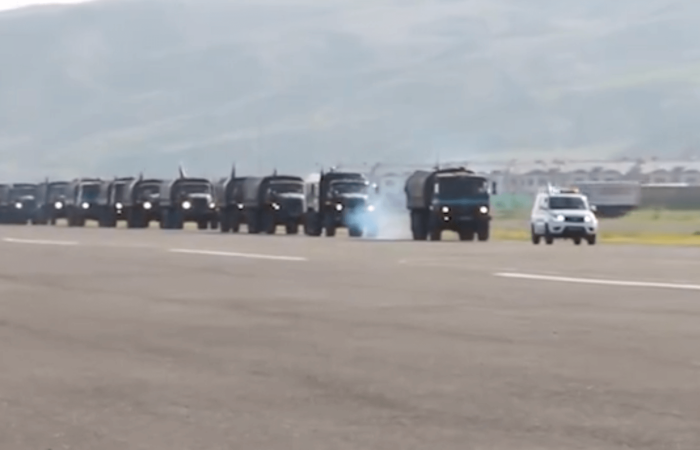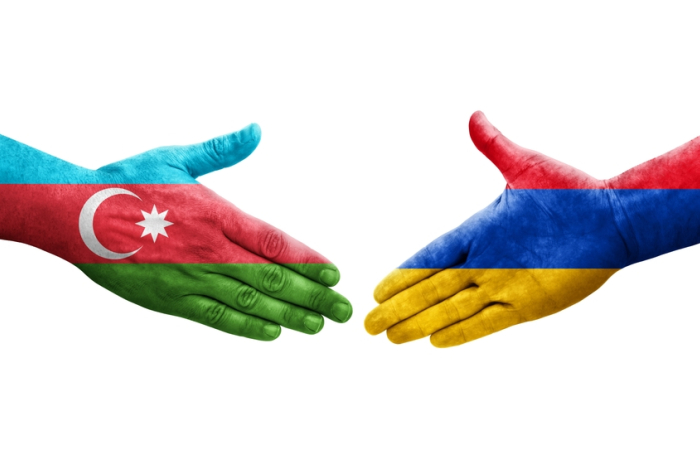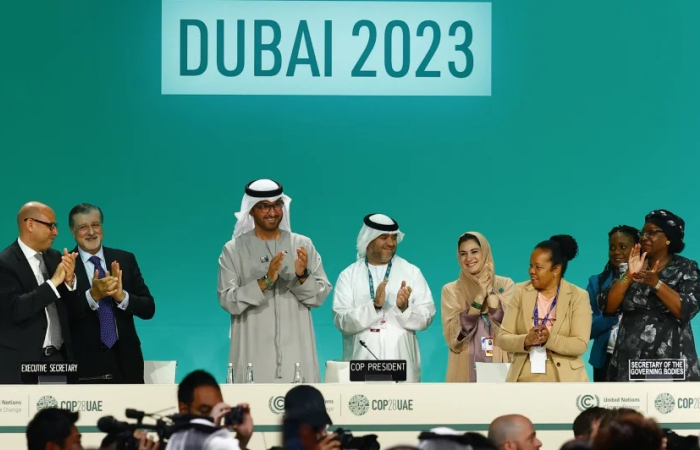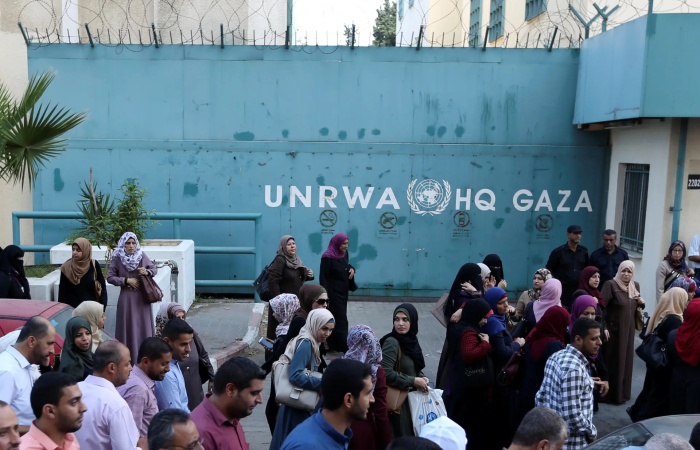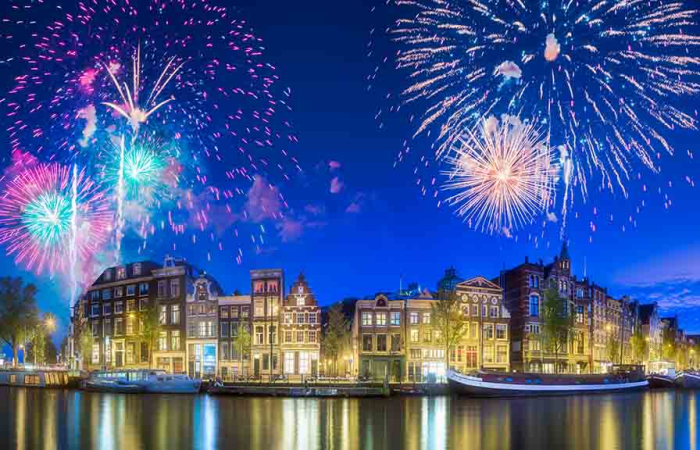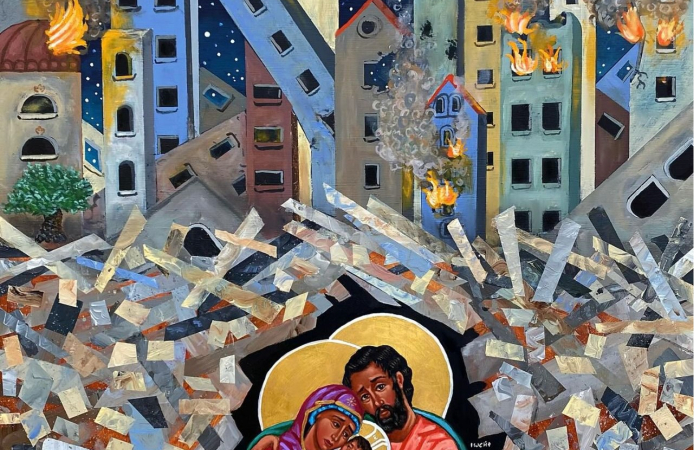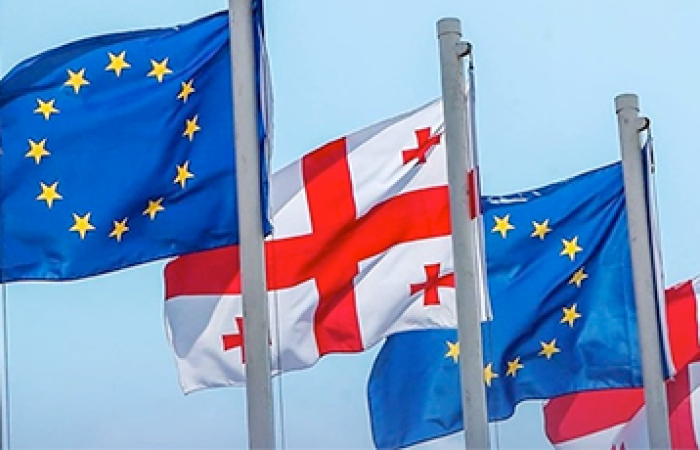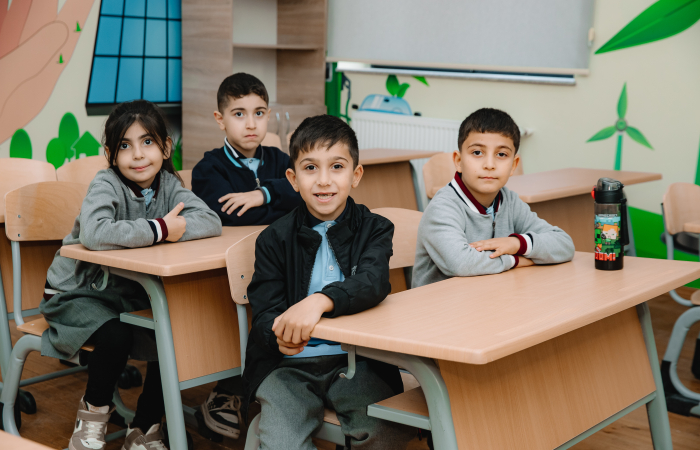Trending
Commentary: So Long! Farewell! Do Zvidaniya!
18 April 2024
The Russian Army has started leaving Nagorno-Karabakh. The military contingent of around two thousand troops deployed there with much fanfare in November 2020 started leaving unceremoniously on Wednesday (17 April) eighteen months before its scheduled departure. Many in 2020 believed that once in Karabakh the Russians will never leave. Having a strategic foothold there had been a major Russian objective for decades, and the Russian Army does not have a track record of leaving voluntarily from places where it is deployed.
The deployment of the “Russian peacekeeping” contingent was one of the points agreed in the trilateral declaration of 10 November 2020 which ended the 44-day Karabakh War. With the Armenians in a state of disarray following a crushing military defeat the contingent was seen by the Armenian population of Karabakh as a redeeming presence. Russian troops were greeted with flowers, and very soon Russian language classes sprung up in Stepanakert. But, like many other things in Karabakh, it was a delusion. This Russian peacekeeping effort was not the same as that seen in Abkhazia and South Ossetia in the 1990s. From the beginning, Azerbaijan insisted on strict rules for the deployment, and a clear understanding both of why they were there, as well as of the fact that this was a temporary mandate lasting only until November 2025.



